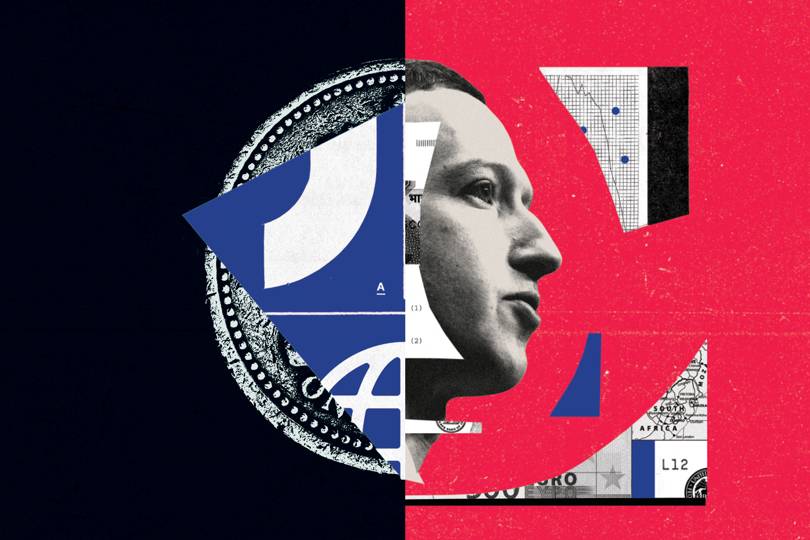If Libra succeeds, it will become the world wide web of money, with its blockchain and proof-of-stake protocols as TCP/IP, and Facebook’s David Marcus as its Sir Tim Berners-Lee.
But that’s a big “if”. Libra’s desire to burnish an image of a benevolent global public utility rather than an evil monopolist is understandable. But Libranomics raises many deep economic questions that the regulation of a typical public utility – or even of the web – does not.
First, can Libra govern itself in a transparent way? The internet is governed by transparent non-profits, such as ICANN and W3C (the World Wide Web Consortium). These organisations elect members, represent businesses and consumer groups, set standards and create very little fuss. Libra’s challenges are more complex. Membership of the Libra Association Council initially comes with one-member-one-vote voting rights, and each member will run one validator node that will support the proof-of-stake blockchain. But eventually voting on the council will work in parallel to its proof-of-stake protocol: members with the largest stakes will have the largest voting shares.
How will Libra prevent members from gaining a share of the votes that will simultaneously allow it to gain control of the council, and of the entire blockchain? One way might be to restrict membership – as W3C does – but that will stifle Libra’s grand ambitions to become a fully permissionless system. Libra says it will cap votes to prevent one party holding too much power, but the problem with this is that it reduces incentives to enter the council and to accumulate Libra. Alternatively, the council could regularly allocate membership slots using auctions that deliberately encourage entry, similar to how many governments sell spectrum licences and procure services.
Second, will markets for products and services built on Libra be competitive? The genius of the web is that it was designed to be completely open. Anyone can become an internet service provider, run a server, launch a website and send traffic along the optical fibre. But the web’s openness has already been challenged by attacks on net neutrality and the dominance of internet giants.
Similarly, Libra should not take competition for granted. On the face of it, anyone would be able to start a Libra wallet service and steal customers from competitors by offering a superior service. But customers often stick to providers even if better ones are available – just think about the last time you switched your bank account. Without adequate competition, wallets will be able to charge higher fees and offer a poor service – making Libra look no better than the current financial system.
Libra should therefore promote fierce competition by introducing ID protocols that make switching providers a seamless process. Moreover, Facebook’s wallet subsidiary Calibra and other founding members of the association would do well to tie themselves to the mast and commit to entering the market as slowly as possible. Trying to dominate Libra early on will throttle competition, turn its ecosystem into a monoculture and spell the end of the project.
What will the eventual economic impact of Libra be? In the late 80s, many economists could not convince themselves that the impact of the internet would show up in economic data. To most economists, the internet was a good thing because it was reducing transaction and communication costs and therefore improving efficiency. But was that really such a big deal? A few per cent here and there were not going to change the whole economy.
Yet such narrow reasoning missed the big picture. In a large network, small frictions accumulate, creating a slow-moving, clogged-up system. As a result, a frictionless system is much more valuable than the sum of gains of removing each individual friction. The web unleashed extraordinary innovation by creating products and companies whose existence one could not possibly have contemplated before.
Libra – or whatever enduring frictionless financial system we eventually end up with – could be similarly underestimated in economic terms. We cannot possibly fathom what new products and services will be created, especially for unbanked populations, when even small financial frictions are removed. It is difficult to imagine how much a farmer in rural Ethiopia who sells coffee abroad, or an Indian migrant worker who sends remittances from the UAE to his family, could benefit from cheap access to a stable currency.
Of course, unpredictable benefits will come with unpredictable costs. Yet even if frictionless finance takes years to impact our economy, this economist thinks it’s worth the wait.
Alex Teytelboym is an associate professor of economics at the University of Oxford
SOURCE: WIRED

